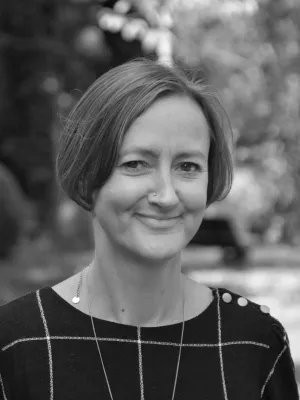
Nina Gren
Universitetslektor

About Not Understanding the System : Ignorance as an Obstacle to a Meaningful Life in Sweden
Författare
Summary, in Swedish
In this presentation, I will however, focus on these of my interlocutors who expressed an absence of knowledge when it came to the country they lived in. Such absence of knowledge, or lived experiences of ignorance (cf. Dilley & Kirsch 2015), created confusion and frustration in people’s lives and was only partly related to how long someone had lived in Sweden. In contrast to the interlocutors I mentioned above, the later ones were often unemployed and/or in difficult economic situations. Often ignorance was expressed in relation to a complex bureaucracy and how to deal with different authorities but it could also be in relation to more vague feelings of not knowing how to get around or ahead in society. Ignorance had at least partly created a sense of meaninglessness in life. It seems as if such ignorance was more than just an outcome of absence of knowledge or lack of proper information. Rather, I attempt to discuss it as the result of cultural, political and bureaucratic struggles in relation to forced migration. I hereby build on anthropological analyses that underline the cultural and contextual specificities of how ‘knowledge’ and ‘non-knowledge’ are configured and how they are intimately connected to one another as well as to power (Proctor & Schiebinger 2008; cf. Foucault 1977).
Avdelning/ar
- Socialantropologi
- Centrum för Mellanösternstudier (CMES)
Publiceringsår
2018-07-18
Språk
Engelska
Dokumenttyp
Konferensbidrag: abstract
Ämne
- Social Anthropology
Nyckelord
- refugees, Middle East, integration, Swedne
- refugees
- Palestinians
- Sweden
Conference name
World Congress for Middle Eastern Studies 2018
Conference date
2018-07-16 - 2018-07-22
Conference place
Seville, Spain
Status
Unpublished
Projekt
- Constructing Houses and Roots: Transnational Belongings among Palestinians in Denmark and Sweden

